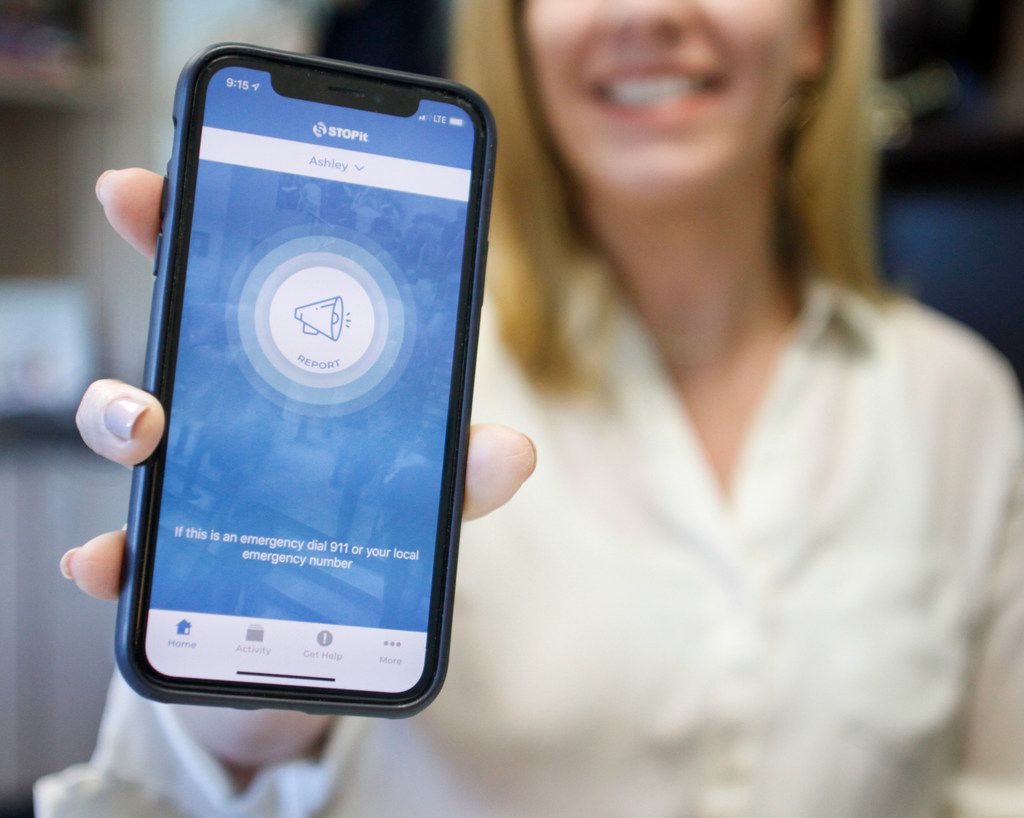How Texas school leaders hope anonymous reporting tools can keep students safe
This article was originally featured here. ![]()
Some districts have already received dozens of anonymous safety tips, concerns this school year

One way school leaders are working to prevent campus violence is through anonymous reporting tools.
Bullying, sexual harassment, suicidal ideation, threats of violence — these are all types of reports that students are urged to report through these systems.
Texas schools use a variety of such tools, with many that are online or app-based.
Say Something Anonymous Reporting System, created by the Sandy Hook Promise, is used by Dallas and about a dozen other districts in Texas. STOPit, another common vendor, is used by schools in roughly 300 districts across the state including Arlington, Frisco, Denton and Grand Prairie.
Gov. Greg Abbott promotes a statewide anonymous reporting system called iWatchTexas. In the wake of the Robb Elementary School shooting in Uvalde, which left 19 children and two teachers dead in May, he tapped Walker, Texas Ranger actor Chuck Norris for public service announcements about the tip line.
Here’s why officials turn to such programs and what experts say is needed for them to be effective.
Students can report a range of issues.
Identifying threats, such as possible school shootings, before they happen is the primary goal.
But the concerns school officials want to hear about aren’t limited to potential acts of violence. They also want to know if a student is considering suicide, being bullied or struggling with eating disorders.
“It’s not just about terroristic activity or threats. That’s part of it,” said James Caldwell, safety coordinator for Frisco ISD, which uses the more common STOPit program. So far this school year, the district has received more than 600 tips or reports through the tool with most coming from students concerned about a friend.
“We train our kids every year on what signs to look for in peers that might be depressed or having some problems they might need help from an adult with,” Caldwell said.
The state’s program, iWatchTexas, allows tipsters to choose from 30 categories, including dating violence, hazing and sexual misconduct.
Two-way communication is key.
School officials say they must be able to follow up with students who report concerns.
STOPit, the system used in Frisco, allows administrators to instant message tipsters.
Not only does that help them gather as much important information as possible, it also helps whoever is reporting a concern feel heard and know someone is actually responding to the situation.
“That’s really helped with the investigations to be able to talk back,” Caldwell said. “There’s a lot of research that shows that kids are more likely to report to an adult that they need help if they have a relationship with them.”
Tipsters are still able to remain anonymous when using STOPit, but the instant message feature allows officials to collect as much information as possible. Say Something Anonymous Reporting System has a similar feature, but iWatchTexas does not.
Analysts vetting iWatchTexas reports can only reach out to the anonymous tipsters if contact information is provided.
Texas rolled out a statewide system, but few use it.
After the 2018 Santa Fe High School shooting, state officials touted iWatchTexas, as a tool districts across the state could use. It allows students, parents or community members to submit concerns via the app, online or by calling a hotline.
But a recent investigation by The Dallas Morning News found that very few school districts promote or use iWatchTexas and that the tool has generated far fewer tips or reports than programs like STOPit or Say Something Anonymous Reporting System, which are more widely used across the state.
And unlike other programs that are built on intensive and ongoing training with students and administrators, iWatchTexas does not have any student-specific training elements, DPS officials confirmed to The News.


